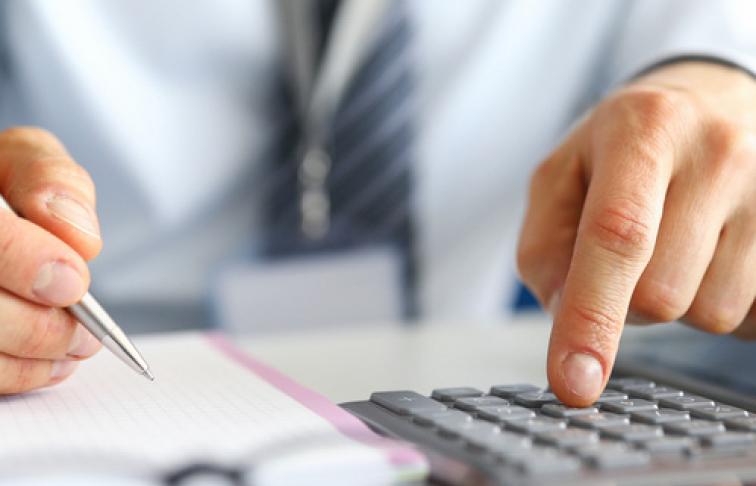Manage your account and see your money through our mobile banking app or on your computer through our website.


Tax is usually deducted automatically from wages, pensions and savings. But where it isn’t, and you’re receiving taxable income, you may need to submit a tax return. If this applies to you and you didn’t submit a paper tax return by 31 October 2021, you must submit a self-assessment tax form online by 31 January 2022. If you don’t submit on time, you will automatically be fined £100, even if you don’t owe any tax.
Here are 5 suggestions to make sure that you have everything you need to complete your assessment on time and avoid the automatic penalties.
1. Do you need to pay? To find out if you need to submit a self-assessment tax return, use this online tool by HMRC. You can’t submit your tax return online without being registered with HMRC. If you haven’t already gone through this process, do it now.
2. Do you have everything you need? You’re going to need anything that shows how much you’ve earned over the tax year (6 April 2020 – 5 April 2021) and your deductible expenses. This includes invoices, bank statements, income from property, payslips, receipts and household bills. If you don’t already, make a habit of collecting this information throughout the year, and keep it together in one place.
3. Do you know what COVID-19 payments and earnings need to be declared? This is the first tax return that will need to include Covid-19 government support you may have received during the pandemic. You will need to declare these on your return as they are taxable. This includes:
4. Do you know if you can claim tax relief? There are expenses you can claim on your tax bill in order to reduce it. Depending on your circumstances, these can include money spent on running your business if you’re self-employed, and if you’re employed, where you have used your own money for travel and items that you must buy for your job. Tax relief also applies to pension scheme contributions and charitable donations. For more information, click here.
5. Do you know how to avoid scams? Unfortunately, criminals also know the tax deadline is looming so please be alert. Every year, HMRC reports that fraudsters call, text or email unsuspecting tax payers, claiming to be from the department. HRMC will never contact you out of the blue to request money or personal information. If this happens to you, HMRC advises not to reply to anything suspicious but to contact them straight away and search ‘HMRC scams’ here.